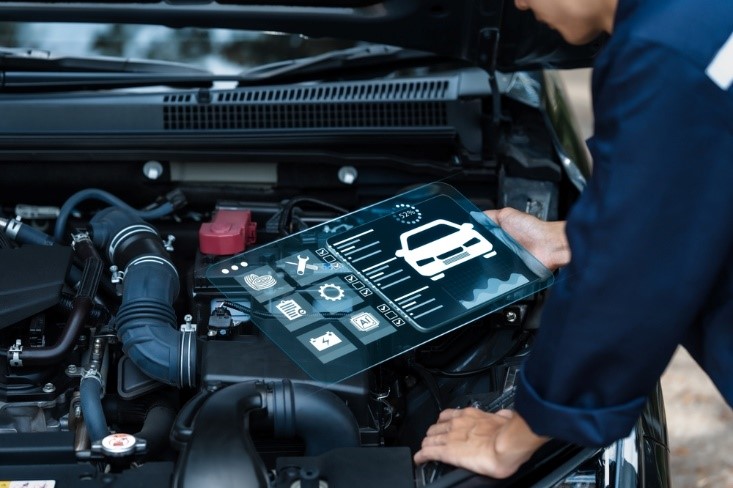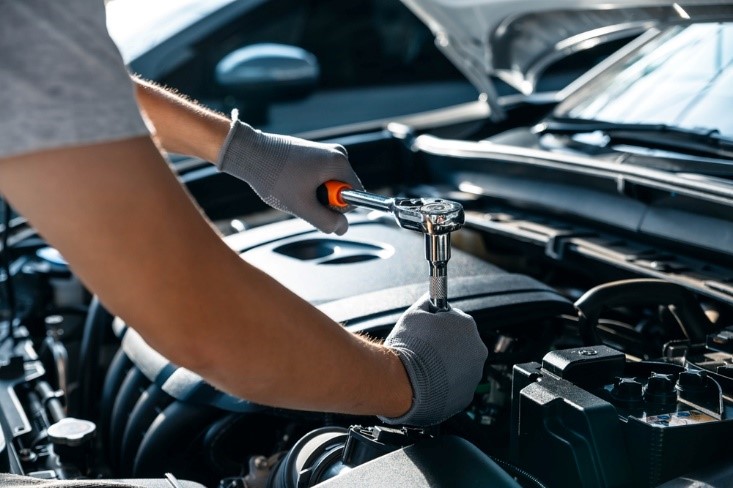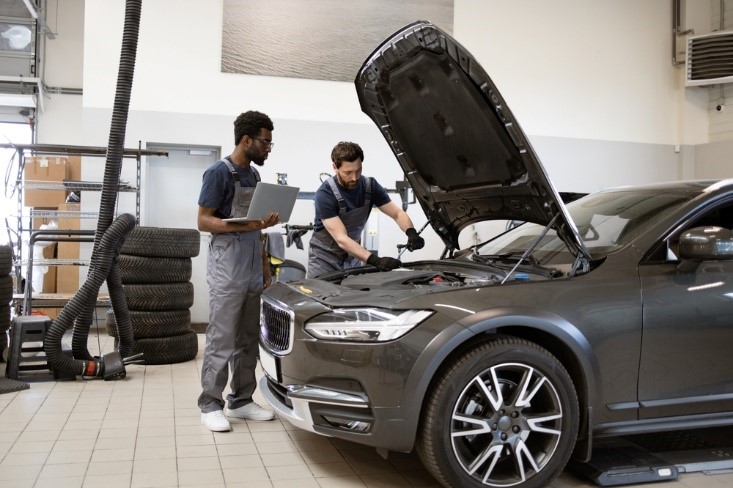Many drivers assume that improving a car’s performance requires expensive engine work or major modifications. In reality, several budget-friendly upgrades can noticeably improve power, throttle response, and overall driving experience. In this blog, we’ll highlight smart, cost-effective upgrades that boost performance while keeping your vehicle safe and road-ready. If you’re looking to get more out of your car without breaking the bank, read on.

Performance Auto Service Fort Worth, TX
Upgrade #1: High-Performance Air Intake or Air Filter
Your engine needs air to make power. The easier it can breathe, the more efficiently it performs. Automotive experts explain that improving airflow can enhance combustion efficiency and engine output when done correctly. Factory air filters are designed for longevity and noise reduction, not maximum airflow. Upgrading to a high-performance air filter or cold air intake can improve airflow to the engine, which may result in better throttle response.
Upgrade #2: Performance Exhaust Components
Another way to unlock power is by improving how exhaust gases exit the engine. Restrictive factory exhaust systems can limit performance. Upgrading components such as a performance muffler or cat-back exhaust system can reduce back pressure and allow the engine to operate more efficiently.
It’s important that exhaust upgrades are installed correctly and comply with emissions regulations to avoid legal or inspection issues.
Related: Learn more about Texas car inspections and reasons your vehicle might fail here.
Upgrade #3: Professional Tune-Up and Engine Optimization
Sometimes the most effective “vehicle upgrade” isn’t a new part at all – it’s proper maintenance. Experts say that regular tune-ups can restore lost power caused by neglected maintenance, and that’s often true. Worn spark plugs or outdated engine calibrations can rob your car of power over time. Therefore, a professional tune-up helps ensure your engine is operating at peak efficiency.
Related: Learn more about why regular vehicle maintenance saves you money in the long run here.

A mechanic working on a car engine at a garage workshop
Why Professional Installation and Inspection Matter
While these upgrades are affordable, incorrect installation or mismatched components can lead to poor performance or even damage. Working with experienced technicians ensures that upgrades are compatible with your vehicle and installed safely.
At Mike’s Brake & Alignment, we evaluate your vehicle’s condition before recommending upgrades, helping you get more power without compromising reliability or safety.
Get More Performance Without Overspending
You don’t need a full engine rebuild to enjoy better performance. With smart, affordable upgrades and proper maintenance, you can improve how your car responds, accelerates, and drives—while staying within budget. Call Mike’s Brake & Alignment at (817) 834-2725 to schedule an inspection or discuss performance-enhancing upgrades.

















